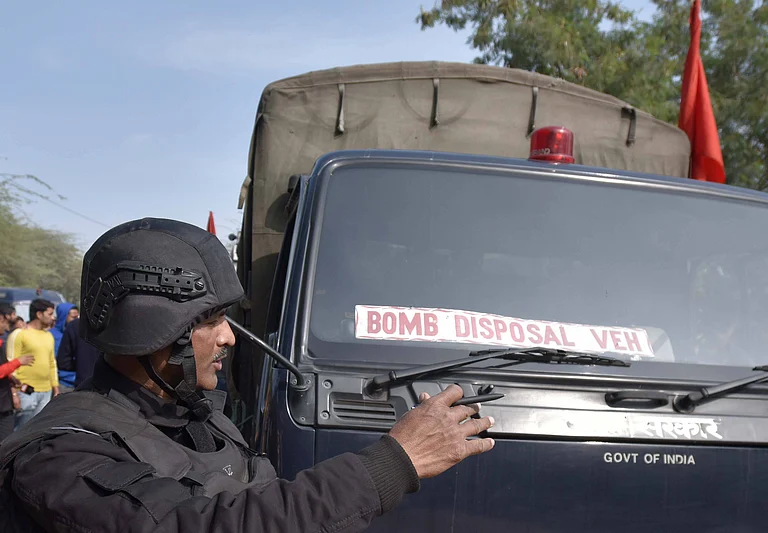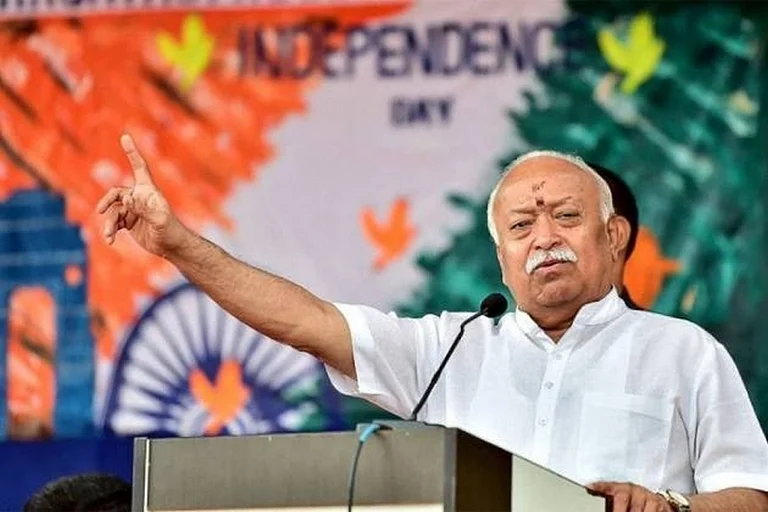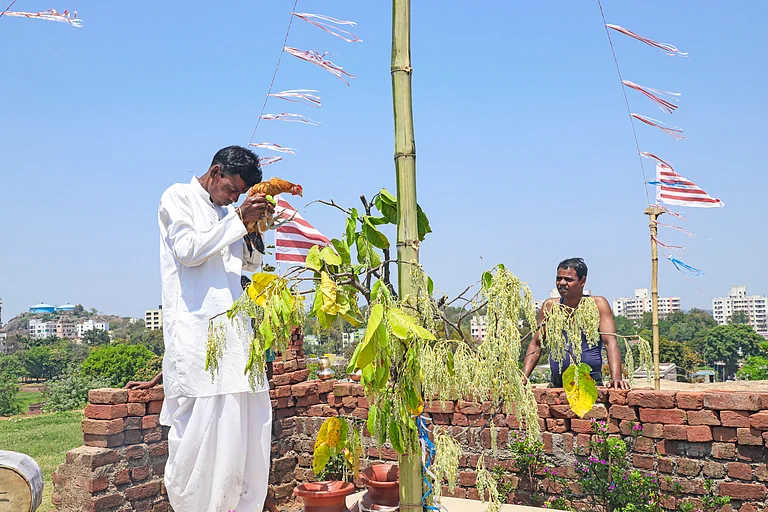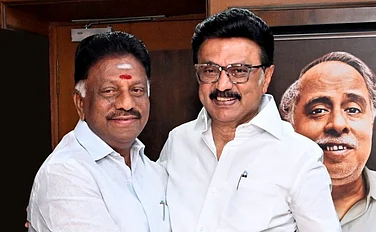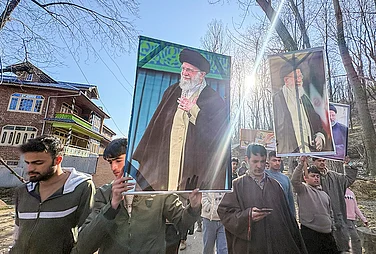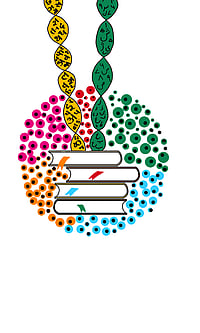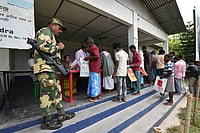At a time when most of India is debating the future of social justice through a long-overdue caste census, West Bengal has been thrust into an artificially constructed crisis. On May 22, 2024, the Calcutta High Court delivered a judgement that effectively nullified the OBC status of 77 social groups in the state, citing procedural lapses in the identification process. Of these, a staggering 41 are Muslim communities. The court’s decision has already disrupted the ongoing recruitment and admission processes, and unless reversed, it will permanently exclude thousands of marginalised youths from life-changing opportunities. And yet, outside of the affected districts and pockets of civil society, the silence is deafening.
Behind the technical language of “procedural impropriety” lies a deeply political game. The petitioners fronted by individuals like Amal Chandra Das and organisations like Aatmadeep, both with links to the Sangh Parivar networks, have used the courts to launch a targeted attack on OBC Muslims under the guise of upholding constitutional procedure. The fact that the term “Muslim & Muslim Community” appears 131 times in the High Court verdict is not accidental. It is an ideological indictment masquerading as legal reasoning. The Rashtriya Swayamsevak Sangh and the Bharatiya Janata Party (RSS-BJP) ecosystem has cleverly weaponised the language of the Constitution while dismantling its spirit.
Let us be clear: this is not about correcting procedural flaws or strengthening institutional integrity. It is about undoing affirmative action. It is about pushing Muslims, especially backward-caste Muslims and poorer Bengali Hindus, out of public life, one notification at a time. It is about enforcing a Brahminical moral economy in which “merit” is defined by privilege and caste, not opportunity and need.
The roots of this current crisis go back to 2010, when the then Left government and later the All India Trinamool Congress (TMC) administration began including a number of backward Muslim communities into the OBC category via executive orders. While these inclusions lacked the robust consultation with the State Backward Classes Commission, mandated under the 1993 Act, they were driven by political acknowledgment of real deprivation. The Sachar Committee, after all, had conclusively shown that Muslims in West Bengal, particularly those outside the elite Urdu-speaking class, suffered from acute under-representation in education, jobs, and governance.
Instead of addressing this gap with stronger institutional backing, the TMC government introduced a new list of OBCs in 2012 through the West Bengal Backward Classes (Reservation of Vacancies in Services and Posts) Act. However, this list too bypassed the Commission in critical ways. The result was a legally vulnerable framework, one which the RSS-backed petitioners were waiting to challenge. Their opportunity came once recruitment processes resumed after a long freeze.
The High Court did not rule that these groups were not backward. It merely held that the Commission did not follow proper methods in recommending them. Yet, this distinction makes no difference to the thousands of OBC Muslim students and job aspirants who will now be denied the benefit of reservation.
The judgement struck down the classification of 77 groups, 41 of them Muslim and declared that until a fresh survey is conducted, these communities will no longer enjoy OBC status. For many, this is not just a delay. It is a death sentence. A missed cycle of recruitment or admissions cannot be reversed retroactively. No matter what the Supreme Court eventually decides, the damage is already underway.
Muslim students and teachers from humble castes like Shershabadia, Penchi, Pahadia, Chowduli, Hajjam, and Jamadar now find themselves trapped: their certificates invalidated, their dreams halted, their silence coerced. These communities―menial labourers, porters, barbers, artisans―never had the institutional backing or visibility that the elite Ashraf Muslims enjoy. And now, they have been legally erased from the margins too.
The irony is that while Muslim castes are being demoted or deleted from the OBC-A list, dominant Hindu castes have been quietly moved upwards. According to recent analysis, nearly one crore Hindu individuals have been shifted from OBC-B to OBC-A. These include socially and economically dominant groups like Goala, Yogi-Nath, Kumbhakar, Napit, and Tanti. Meanwhile, marginalised Muslim castes like Jamadar, Nikari, Abdal, and Daptari—most with no political representation or land ownership—have been pushed down or out.
This deliberate reshuffling of the lists exposes the communal logic at work. A reservation list that should be anchored in socio-economic indicators is, instead, being redesigned on communal lines. And the RSS strategy is clear: make it seem like Muslims are being “appeased” when, in fact, they are being excluded.
B. R. Ambedkar had once warned that “so long as you do not achieve social liberty, whatever freedom is provided by the law is of no avail to you”. What we are seeing in West Bengal today is a perfect case study of this: legal arguments are being used to deny social liberty to those who are in most need of it.
The High Court judgement mimics concern for constitutional procedure, but shows little empathy for the lived realities of backward communities. The use of phrases like “fraud on the Constitution” to describe OBC Muslim inclusion mirrors the broader Sangh narrative that any recognition of Muslim suffering is a betrayal of the nation.
Yet the Constitution, as interpreted in Indra Sawhney (1992), mandates representation for all backward groups, regardless of religion, so long as they meet social and educational backwardness criteria. The court itself admits that it is not disputing the backwardness of the groups, only the way they were notified. And yet, the effect is the same as if it had outright declared these groups as “forward”.
Perhaps the most painful part of this entire saga is the silence of the so-called secular parties. The CPM, the Congress, and even smaller democratic platforms have failed to mount any serious political response. There have been no rallies, no statewide campaigns, no attempts to build public pressure. The TMC, for its part, is caught in a bind, guilty of procedural shortcuts, yet unable to fight the communal fire unleashed by the BJP.
Meanwhile, the BJP and its media ecosystem are distributing sweets, claiming this as a “victory against Muslim appeasement”. This is a lie. The TMC’s appeasement of Muslims has always been a myth, one that the BJP has exploited to stoke anti-Muslim sentiments, while quietly consolidating caste Hindu votes.
In truth, Muslims in West Bengal remain one of the most underrepresented groups in public employment and education. Despite being over 27 per cent of the state's population, their share in government jobs remains in single digits. Their inclusion in OBC lists was never about appeasement—it was about survival.
What is happening in West Bengal is not just a legal battle. It is a moral crisis. It is a slow, quiet erasure of backward Muslim and Hindu castes from public life, carried out through the language of law, backed by caste Hindu resentment, and sanctified by courts that pretend neutrality.
The judgement must be read not just as a legal text, but as a political weapon. It marks another step in the RSS’ long-term vision: a Hindu Rashtra where caste is destiny and Muslims are either invisible or criminalised.
Unless we rise to resist this with data, rage, and solidarity, the next generation of OBC Muslims and Hindus will grow up with even fewer chances than the last. And the Constitution will remain, as Ambedkar feared, a beautiful parchment betrayed by the hands that wield it.
(Ismail Salahuddin is a writer and researcher based in Delhi, focusing on Muslim identity, Communal Politics, Caste, and the politics of knowledge. Social Exclusion & Inclusive Policy at Jamia Millia Islamia)
(Mohammad Aaquib is a Kolkata-based writer and researcher. He works on communalism, political violence, and Muslim identity in contemporary South Asia)
(Mijanul Kabir practices law at the Calcutta High Court. He writes on constitutional morality, caste equity, and the politics of legal ethics)
(Views expressed are personal)







